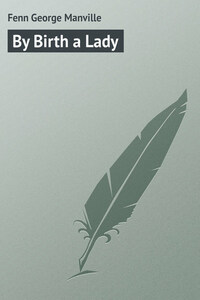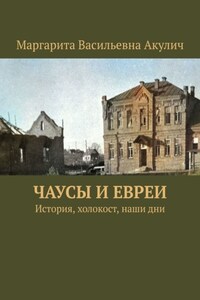G.A. Henty occupied so large a place in the hearts of boys that, when his active life all too soon came to a close, it seemed desirable that those readers whom he had entertained for so many years should have an opportunity of knowing something more of the man himself than was contained in his books. Every writer, consciously or unconsciously, reveals himself in his work, but nevertheless it cannot fail to be interesting to boys to read of the actual experiences of the sturdy war correspondent – those experiences which furnished him with many a vivid background for his romances. It was at once the fascination and the value of his tales that, while nominally fiction, they were built up on a solid substratum of fact. When the present writer, however, was asked to undertake this memoir of his old and valued friend, he was confronted with a grave difficulty. Of few men of George Henty’s eminence is less known about their private lives. A staunch and loyal friend, he yet strongly believed, to use the old Cockney phrase, in “keeping himself to himself.” His letters were never autobiographical, and about himself he was never very communicative. Little more than his vivid letters from foreign countries exist to give an insight into the man and his character.
In his many absences from England during his career as a war correspondent, Henty contented himself with the briefest of home communications, and these told little more than where he was and what was the state of his health. He always said that those he loved could refer to the newspaper he represented for the rest.
To the courtesy of Mr C. Arthur Pearson, the present proprietor of The Standard, who placed the whole of the files of that paper unreservedly at his disposal, the writer is very greatly indebted, while for much valuable information he would like to thank the editors of The Captain, Chums, The Boy’s Own Paper, Great Thoughts, Young England, and Table Talk.
We might know very little of the life of the late George Alfred Henty – writer for and teacher of boys, novelist, and one of the most virile of our war correspondents – but for one fortunate fact. His busy pen soon made him popular, and in course of time this popularity was sufficient to make editors of journals for the young realise that their readers would gladly learn something of the early life of the man whose vivid tales of adventure were being read with avidity wherever the English language had spread. In these days few are content to know a man only by his work, and even boys like to know something about the personality and experiences of the writers who have given them keen pleasure. As a result the inevitable came to pass, and the modern chronicler of personal details sought out the author. To his interviewers Henty told fragments of his past life, and these reminiscences were taken down in short or long hand, and built up into articles, and have remained, to bring before us vividly what would otherwise never have been known save perhaps by tradition.
It is strange now to reflect that the big, robust, heavy, manly-looking Englishman of whom these lines are written, was once a puny, sickly boy who was looked upon by his relatives as one who could never by any possibility attain to man’s estate; but so it was. Here are his own words: “I spent my boyhood, to the best of my recollection, in bed.”
Descended from an old Sussex family, George Alfred Henty was born at Trumpington, near Cambridge, on December 8, 1832, and it would appear that he was a confirmed invalid. This ill-health was the more unfortunate because it was in the days when doctors were inclined to be narrow-minded, and parents and guardians in almost every household had intense belief in the virtues of physic. Most mothers then were given to doctoring, and at spring-time and fall considered it to be their duty to administer filthy infusions, decoctions, and very often concoctions, to unhappy boyhood; and a powder at night, to be followed by a nightmare of the draught that was to be taken in the morning, is a painful recollection to some of us.
Happy boys of the present generation! Why, who among them now know the meaning of words which must almost seem like cabalistic characters? Jalap, rhubarb, magnesia, salts and senna, gamboge, James’s powder – these were all in constant request, without taking into consideration the secrets promulgated by the wicked writers of books on domestic medicine.
It was in those days that George Henty was born. He tells of an early removal at the age of five to Canterbury, to a fine old house whose garden ran down to the River Stour. Here for the next five years his mind became stored with those most wholesome of recollections connected with boy life. It was the bird, bee, and butterfly time, brightened by the presence of a grand trout stream, to whose banks he would creep, so as not to send the spotted beauties darting off in a flash of ruddy gold to seek some hiding-place from the gigantic shadow that had suddenly been cast athwart the stream. He tells, too, in many a page of his later life, how the influences of this good old garden were a solace and delight to him during many a weary tramp or journey in the saddle far away; in the course of his journeys through Europe, the wilds of Asia, and the savage mountains and dense tropic forests and swamps of Africa.














